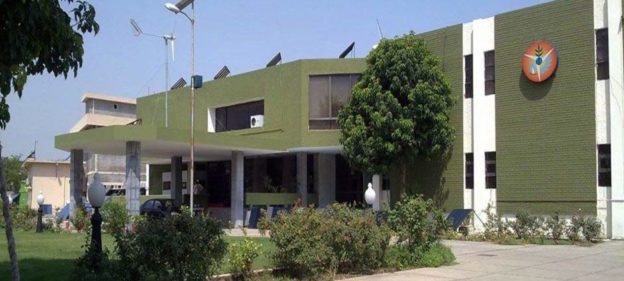MoS&T, parliamentarians unable to reach consensus
Pakistan Council of Renewable Energy Technologies (PCRET) turns out to be yet another organization whose fate hangs in balance as the Ministry of Science and technology (MoS&T)—the mother ministry of the council—is unable to convince parliamentarians that the council should be made an autonomous body. At present PCRET is public sector organization. In a National Assembly Standing Committee moot, the participants who dwelt upon a report of a sub-committee headed by Aftab Shaban Mirani failed to reach consensus. The MoS&T has been asked to meet all stakeholders to reach a consensus on the amended draft of the Bill which will change the status of the organization. PCRET, established under the MoS&T aims to develop alternative and renewable energy technologies in the country. However, it has failed to deliver even a single project during last 16 years. Interestingly enough, the MoS&T came up with a proposal that the council should be made autonomous and that would allow it to take decisions independently viz-a-viz raise its capacity, recruitment and funds.The change, it believes would turn it into a productive organization. It argues since the council failed to deliver and it has no capacity and human resource to perform in near future, so it should be made autonomous. The move created unrest among the employees of PCRET who approached the NA committee and claimed that the move would be fatal for their future. They fear they would lose benefits and perks, including pensions, if the organization was made an autonomous body. Director General, PCRET Dr. Baqer Raza claims the lack of funds is stopping his organization from growing. He said most of the Rs.170 million the council will receive will be spent on non-development expenses like utility bills and salaries and only Rs.16 million will be spent on research and development. Raza said the council’s performance was further restricted by the lack of expert employees who have left for better jobs elsewhere and the ban on induction from the last 15 years. The ministry argued that in the new proposed bill it is mentioned that that employees of the dissolved council would be transferred to the council or they can opt to remain civil servants under the Civil Servants Act 1973. The employees who opt to remain civil servants would be entitled to all privileges and facilities of the federal government. After meeting the employees, most of the members of the committee were of the view that the fate of over 200 employees should be safeguarded. If the organization continuously failed to deliver for the last 20 years, why did the ministry not take action against non-performing officials under the government servants’ efficiency and discipline rules 1973?







